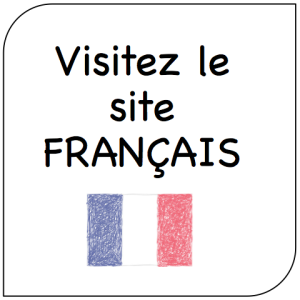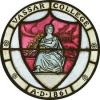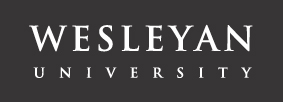The VWPP supports all students regardless of ethnicity, disability, sexual orientation, religion, or gender identity, in order to promote a healthy, thriving program based on respect for others. However, issues surrounding pluralism, equity, and inclusion are treated differently in France, due to its unique social, political, economic history. It is thus important to learn about these differences before you leave and to have an open mind toward them when you arrive. Indeed, the more information you have on these issues before you leave and while you’re in France, the better equipped you will be when faced with a difficult situation.
Before leaving, think about how to express your identity abroad. The way you define yourself in the United States might change in France and you may face stereotypes, questions and some curiosity concerning your identity.
Being in a different cultural context is a unique opportunity to change and grow. Before you leave, look up the history, culture and laws of France, talk to students who have also studied there and also go to the VWPP French page to check the links about pluralism, equity, and inclusion in Paris. Explore the different websites and learn more about Parisian culture and possible ways to express your identity in France.
IES also has a comprehensive list of Diversity Resources in France.
- FirstGen students
Here is a link to the First Generation Student Study Abroad Guide.
- Women abroad
Here are a couple of links to help prepare you for what you need to know when abroad.
– Traveling on your own
– Journey women (this site has over 55,500 female subscribers, sharing their travel stories and tips).
- Disabilities
Mobility International USA is a U.S.-based national non-profit organization. MIUSA’s mission is to empower people with disabilities around the world through international exchange, information, technical assistance and training, and to ensure the inclusion of people with disabilities in international exchange programs.
- Religion
French citizens might be interested to learn about your traditions. However, common misconceptions and misunderstandings about the role of religion in public life can occur on both sides. Go to the VWPP French page for more information about various religions.
- Race and Ethnicity
In the U.S., you might be classified by your ethnicity, but abroad, you may be identified first as an American. The people you meet will likely have an opinion about the U.S., and may be eager to tell you what they think, positive or negative.
- LGBTQ+
Here is a thoughtful article published on ISA today with tips for LGBT Students Abroad, with insights from a student in Paris – click here.
Initiatives and events
VWPP
The Vassar-Wesleyan program in Paris is committed to foster equity and inclusion in classrooms and offices. We believe that a diverse and inclusive community strengthens learning opportunities. This is why we offer courses focusing on gender, postcolonialism in France, race and equality as well as informal discussion meetings on the theme of identity in France. All students are welcome.
In keeping with Vassar’s and Wesleyan’s policies, we are committed to promoting diversity within our staff, hosts, students and curriculum. This webpage was created so you can find information and resources on diversity and inclusion at the VWPP, Reid Hall, and in Paris.
Here are some of the courses we have offered in recent years at the VWPP:
- Women, Gender, and Sexuality, and Colonialism/Post Colonialism
- Parisian transports: mobilities, migrations and emotions
- Art and Politics: The activist artist
- France and the Maghreb: A history of colonial and postcolonial relations
- The French West Indies
- “Arabs,” Islam and political life in France (1962-2018)
- Paris Mosaic: Communities to communitarianism (19th C to 21st C)
- Refugees and the Exiled in the 20th Century
- Women, Gender and Sexuality(ies) in France
Here are some of the courses on offer at our partner universities:
- Women and reform
- Cultural construction of national identities
- Cultural sociology of the arab world
- Arts of Islam
- Migrations and interethnicity
- The history of gender
Reid Hall
Reid Hall also organizes numerous conferences, workshops, exhibitions and roundtables on these themes.




